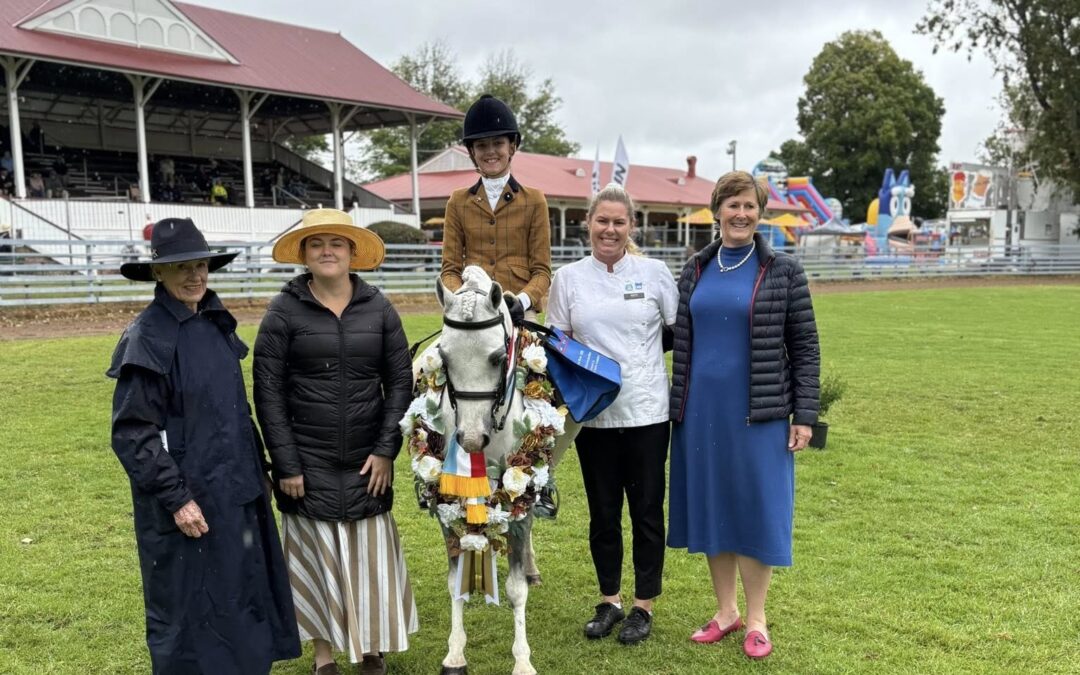Single Touch Payroll (STP) is an ATO reporting obligation which requires employers to report employee payroll information, including superannuation, to the Australian Taxation Office (ATO).
If you are using a software solution that offers STP reporting, such as payroll or accounting software, you will send your employees’ tax and super information to the ATO each time you process a pay run. If you currently have a software provider they can tell you more about the type of STP solution they offer.
The STP reporting requirement start date depends on the number of employees a business has:
- Larger employers with 20 or more employees should have been reporting through STP since 1 July 2018, or have applied to the ATO for a later start date.
- Smaller employers with 19 employees or less are broken into 3 categories:
- Businesses with 1-4 employees (micro employers) have the option to report quarterly through a Tax or BAS Agent until 30 June 2021 (ATO application required)
- Small businesses with 5-19 employees must start STP reporting from 30 September 2019
- Closely held employees (employees that are directly related to the business – e.g. owners and family members) have a two year grace period with a due date to begin reporting from 1 July 2020. However, if the business has both unrelated employees and closely held employees, STP will be mandatory for the unrelated employees from 30 September 2019 and closely held employees still have the grace period to 1 July 2020
When you start reporting:
- You will run your payroll, pay your employees as normal and give them a pay slip
- Your pay cycle does not need to change (you can continue to pay your employees weekly, fortnightly or monthly)
- Your STP-enabled payroll software will send a report to the ATO which includes the information the ATO will need from the employer, such as salaries and wages, PAYG withholding and superannuation information
Superannuation funds are reporting to the ATO the contributions they receive so that the ATO can cross match what should have been paid against what is actually paid. It is therefore critical that businesses pay their superannuation on time and don’t have any outstanding superannuation obligations as the penalties for not meeting your superannuation obligations are severe.
At the end of the financial year, you will no longer have to give your employees a payment summary for the information you’ve reported and finalised through STP. Once you finalise your data, your employees or their Registered Agent will be able to lodge their income tax return using the STP information available through their myGov account. The year-end document name will also be changing from PAYG payment summary (or group certificate) to now being called an ‘income statement’.
Also, you will no longer need to provide the ATO with a payment summary annual report (PSAR) at the end of the financial year for the payments you report through STP. Instead, you will have to complete a Finalisation Declaration in your payroll software to lock in the financial year figures with the ATO once you are satisfied that they are complete and accurate. It is important that you complete this Finalisation Declaration by the due date (31 July for first time STP reporting entities and 14 July from year two onwards) or you will still have to issue payment summaries.
It is critical that you are aware of your STP obligations and comply with relevant deadlines to ensure you are compliant. If you have any questions about STP, including those in relation to possible exemptions, please get in touch with your accountant as soon as possible or feel free to contact our team on 02 6774 8400.
STP FAQs
Q. Will I still need to provide a payment summary to my employees?
A. NO, if you report your tax and super information to the ATO through Single Touch Payroll, you will not have to provide your employees with a payment summary.
The ATO will make this information available to your employees through myGov. Employers can continue to provide electronic payment summaries to their employees, if that is their preferred business practice.
Q: Will I still need to submit an annual payment summary report?
A: This is not required if final submissions are made using STP. As an employer, you still have the option of providing employees with a copy of their payment summary, if still necessary, but no additional reporting to the ATO required.
Q. Where can I find the tax & Super information my employer has reported?
A. You will need a myGov account linked to ATO online services. If you already have one, you will be able to see your year-to date information after your employer starts reporting through Single Touch Payroll.
You will not be able to see this information until your employer starts reporting through Single Touch Payroll. If you don’t have a myGov account, it’s easy to set one up.
Q. Under STP when will the tax, SGC and wages need to be paid? Do the existing SGC and tax payment dates apply?
A. Under STP the due date of payment for wages, PAYG withholding and superannuation guarantee will remain the same. Employers must pay their employees in-line with their industrial relations obligations.
Q. Am I eligible for an exemption from Single Touch Payroll reporting?
A: The ATO may grant an exemption from Single Touch Payroll reporting if: your organisation is located in a rural area with no reliable internet connection.
You tax agent may also be able to apply for deferral of STP if your current software provider is not yet STP compliant or if there are other exceptional circumstances.
Q: Will the ATO be imposing penalties if I am not STP ready?
A: The ATO have stated that “During the first 12 months you report through Single Touch Payroll you will be exempt from an administrative penalty for failing to report on time. This is unless we have first given you written notice advising that a failure to report on time in the future may attract a penalty.” It is important to note that penalties may be incurred if late reporting is too frequent.



